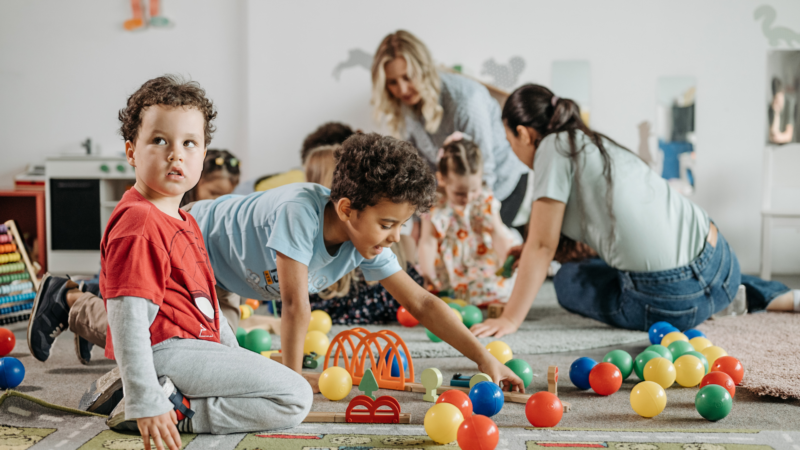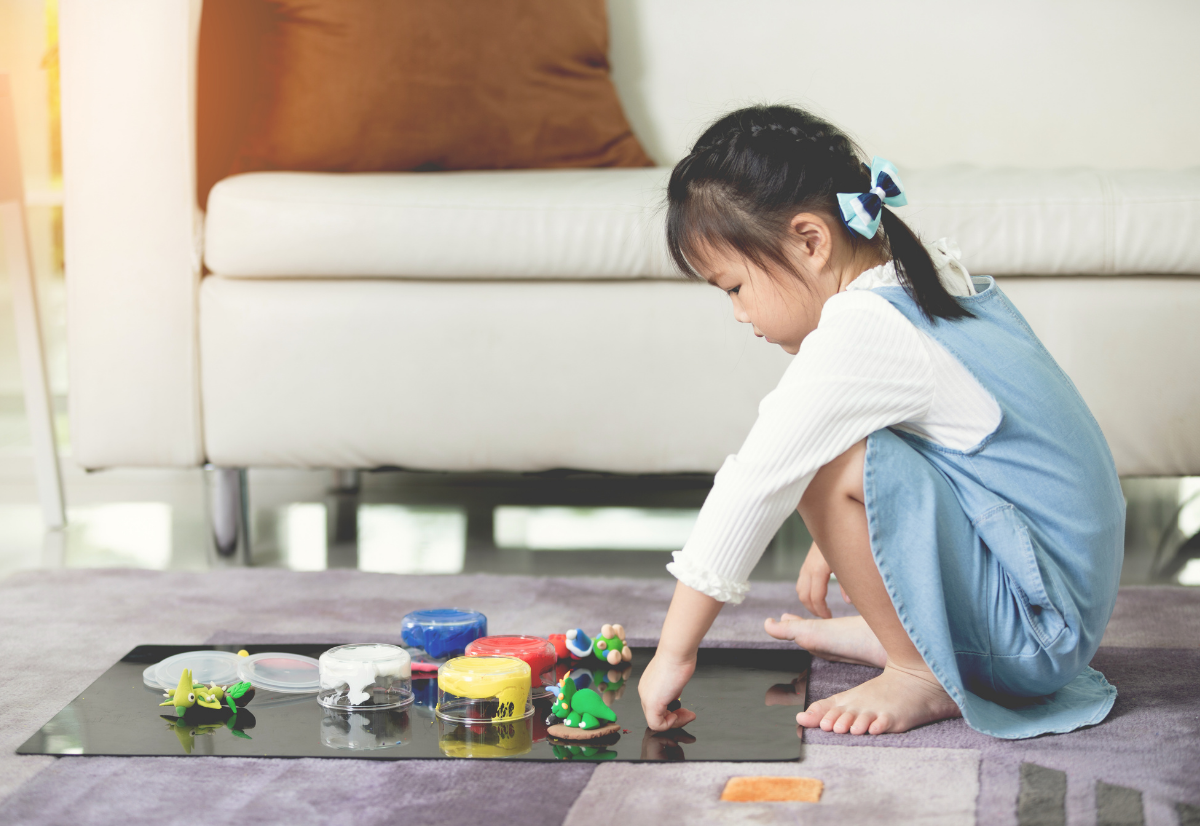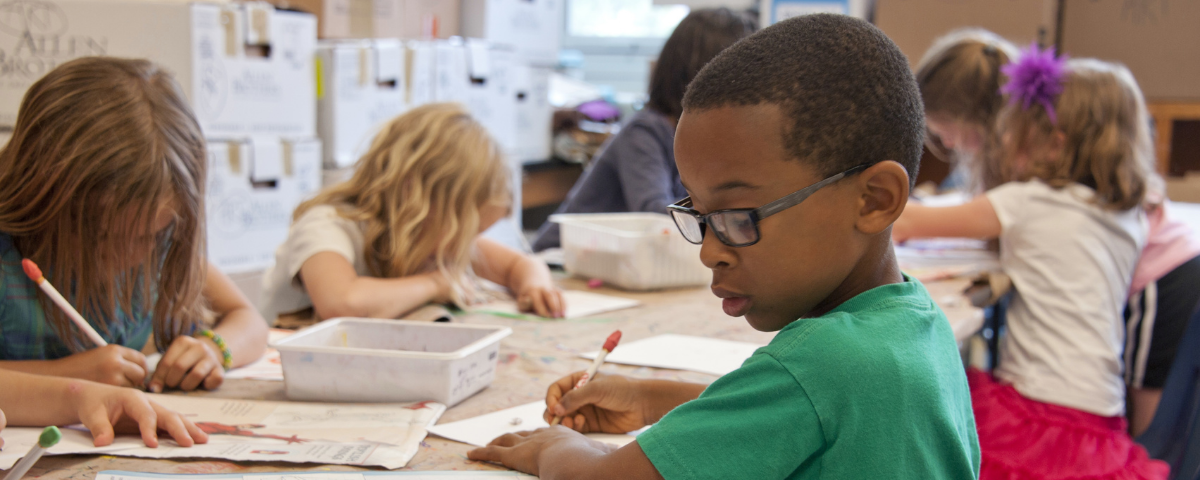There’s a lot of debate about how much play is necessary for a child’s development. Some experts say playing is essential for a child’s physical, emotional, and cognitive health. In contrast, others believe kids should only be allowed to play if supervised. In this blog post, we’ll discuss why playing is so essential for a child’s development.
The Definition and Benefits of Play
Many adults in modern society view playtime with children as a luxury they can no longer afford. But this is the furthest thing from the truth. Play helps children develop their creativity and imagination. It also helps them learn how to problem solve and work cooperatively with others. It also teaches children how to cope with frustration and stress.
When children are playing, they are more likely to engage in creative thinking and problem-solving. This leads to improved cognitive abilities such as memory and attention span. Children who engage in regular play often develop better social skills than those who don’t. They can learn how to cooperate with others and have better communication skills.
Supporting Child’s Imagination and Creativity
There is a strong link between play and development. Play helps children learn how to interact with others, think creatively, and problem-solving.
Sharing our interests and hobbies with our children helps them develop an appreciation for the variety and understand that everyone has their way of viewing the world. Encourage exploration by providing stimulating but safe materials (such as puzzles or games). Don’t overindulge our children; let them take risks gradually, so they don’t become overexcited or frustrated.
Help children develop healthy self-esteem by recognizing their accomplishments and praising them sincerely. This will encourage them to keep working hard in pursuit of their dreams. Show our child that creativity is not a limited trait. Allow them to experiment and try new things, even if they’re not sure how they’ll turn out.
Invest some time talking to our kids about what they want to accomplish. This will give them the confidence and inspiration to pursue their dreams and clarify their life’s direction.
Encouraging Outdoor Play and Nature Exploration
Play is essential for the child’s development. It gives them a sense of creativity, coordination, and problem-solving skills. Playing outdoors also helps them learn to be observant and to feel in control of their surroundings.
Encouraging outdoor play and nature exploration is essential for both children and parents. Parents can help their children develop these skills by taking them on fun activities such as playing tag or catching a ball in the park. Children will have a better time if they are active and have something fun to do rather than sitting in front of a screen all day long.
When playing outdoors, include plenty of opportunities for the child to explore. This could include looking for interesting rocks, plants, and insects, climbing trees, and swimming in a nearby lake or river. Let them know that it is okay to get wet and muddy and that they can always come back inside if they get cold.
Dealing with Screen Time and Technology
Playing is essential for our child’s development. The American Academy of Pediatrics (AAP) has called playing an “essential component of healthy development” and recommends that children between the ages of 1 and 5 years old spend at least 1 hour a day playing with toys, outside, or with other children. Playing helps toddlers learn how to socialize and communicate and develop problem-solving skills. It also strengthens their motor skills, teaches them how to focus and pay attention, improves their sleep habits, and provides an outlet for aggression and frustration.
If our child spends too much time in front of screens or electronic devices, it can negatively affect their development. Too much screen time can lead to reduced physical activity and increased obesity rates in young children. It can also lead to problems with socialization and communication as children become more isolated from others and less likely to play with friends. In addition, too much screen time can interfere with proper sleep habits, affecting a child’s mood, attention span, ability to focus, memory recall, and academic performance.
Building Social and Emotional Skills through Play
Play helps to build social and emotional skills, teaches problem-solving abilities, and encourages creativity. It also helps to develop a strong sense of self. There are many benefits to playing with the child. Playing together can help to build a close relationship. It can also help children learn how to share, cooperate, and solve problems. It can also help children learn how to communicate their needs and feelings.
The key is finding activities our child enjoys and can participate in easily. Some great ways to get our child playing include: playing games together such as tag, hide-and-seek, or ball; going on walks; making crafts; doing puzzles; watching cartoons or movies; or participating in playgroups.
Work and Play Hard to Strive to Balance
Playing is vital for children’s development and can help build self-esteem, social skills, and teamwork. Playing outdoors offers the added benefit of exposing the child to fresh air and healthy activities such as running and climbing. Encouraging child’s love of play will help them develop into a well-rounded individual who is confident and happy in their skin.








